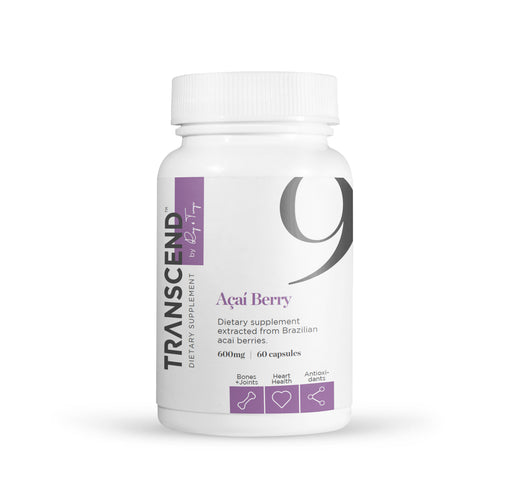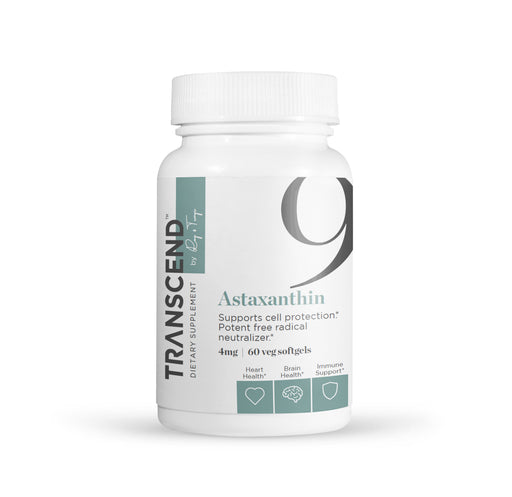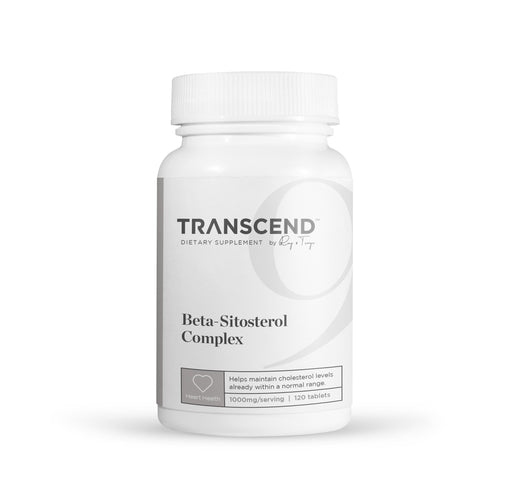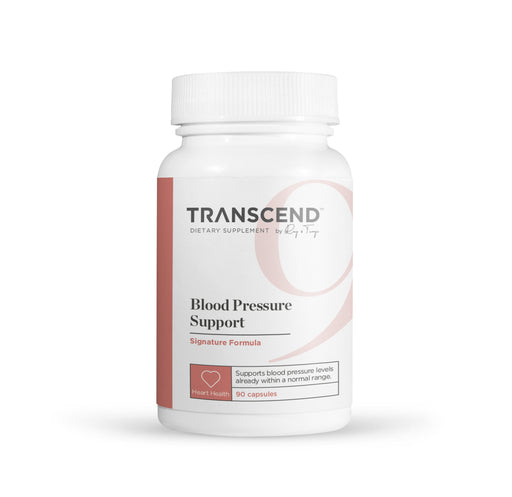
Acai Extract
Support with Increase blood antioxidant capacity Maintain proper cellular function Protect cardiovascular health The Acai Berry is a small deep ...
View full details
Concerns about elevated cholesterol levels are common, especially as we age. Given the average American’s diet, these concerns are often well-founded. Even if you pay attention to your diet and exercise, though, you might not know much about the difference between “good” and “bad” cholesterol.
HDL and LDL Cholesterol Explained
Cholesterol is a type of fat found in our blood. Too much fat in the blood can be dangerous, as it can build plaque within the arteries and increase the risk of heart disease.
There are two different kinds of cholesterol: “good” and “bad.” Low-density lipoprotein (LDL) cholesterol is known as “bad" cholesterol. High LDL levels raise concerns because they can lead to an increased risk of heart disease.
High-density lipoprotein (HDL) cholesterol, on the other hand, is known as “good” cholesterol. HDL cholesterol absorbs cholesterol and brings it to the liver, which then flushes it from the body. This lowers the risk of heart disease and stroke. When people — typically men above 45 and women above 55 years — are diagnosed with high cholesterol levels, it means that they have elevated LDL levels.
Lower Your Risk
Reducing your risk of heart disease and stroke means lowering your LDL cholesterol levels. Changing your lifestyle to make healthier choices is a simple yet effective way to lower cholesterol levels naturally.
Your diet may be packed with unhealthy ingredients like hidden sugar, salt, and saturated fats without you even realizing it. These hidden ingredients are quite common at restaurants, which often maximize flavor using unhealthy ingredients and oils in what you might otherwise assume is a healthy meal. Limit foods that are high in saturated fat like cheese, fatty meats, desserts, and dairy, and you have a much better chance of lowering your LDL cholesterol levels. You’re also likely to feel much better in the process!
Similarly, avoiding substances like alcohol and tobacco can play a significant role in reducing cholesterol levels and preventing heart disease. Both men and women should limit or eliminate alcohol consumption, as it’s known to raise cholesterol levels (among other things). Smoking, as we know, is inherently bad for our health and can cause many different illnesses. According to the Mayo Clinic, blood circulation and lung capacity improve within three months after stopping smoking. After one year, your risk of heart disease is half that of a smoker.
Change Your Diet
Simple tweaks to your daily diet can have a positive effect on lowering your LDL cholesterol levels. After you’ve eliminated harmful foods and substances from your diet, replace them with healthier alternatives. Choose lean meats, fatty fish, fiber-packed foods, and of course, more fruit and vegetables.
Healthy Alternatives
Try one of TRANSCEND’s healthy and delicious recipes to get started with your lifestyle change!
Having food that’s rich in soluble fiber, like oatmeal, bran, and berries, just once a day can have a positive impact on maintaining healthy cholesterol levels.
It’s also important to remain active, especially with age. Making exercise a priority can be challenging, but maintaining a healthy weight and improving your fitness routine can increase your HDL levels while lowering LDL levels.
Need exercise tips? Check out TRANSCEND’s exercise guide!
Natural Alternatives
If you’re ready to take the next step towards lowering your LDL cholesterol levels, consider supplementation. Studies have shown that both Beta-Sitosterol and Red Yeast Rice can help safely lower LDL levels.
TRANSCEND’s Cholesterol Support can also help you maintain healthy cholesterol levels when used in conjunction with a healthy lifestyle. Consider taking this natural supplement as a great way to manage cholesterol.
Before adding any new supplements to your diet, consult your healthcare professional to find out which dosage would work best for you.

Support with Increase blood antioxidant capacity Maintain proper cellular function Protect cardiovascular health The Acai Berry is a small deep ...
View full details
Healthy Eyes, Brain and Nervous System Potent carotenoid antioxidant Promotes healthy anti-inflammatory response Formulated with Zanthin® for eye...
View full details
Beta-Sitosterol Complex 1000 mg * (Plant phytosterols, including beta-sitosterol, campesterol, stigmasterol, brassicasterol, and sitostanol.) Main...
View full details
A Kurzweil + Grossman Formula Heart Health Maintain normal blood pressure Protect organ health Natural ingredients Blood pressure is composed of...
View full details
Leave a comment